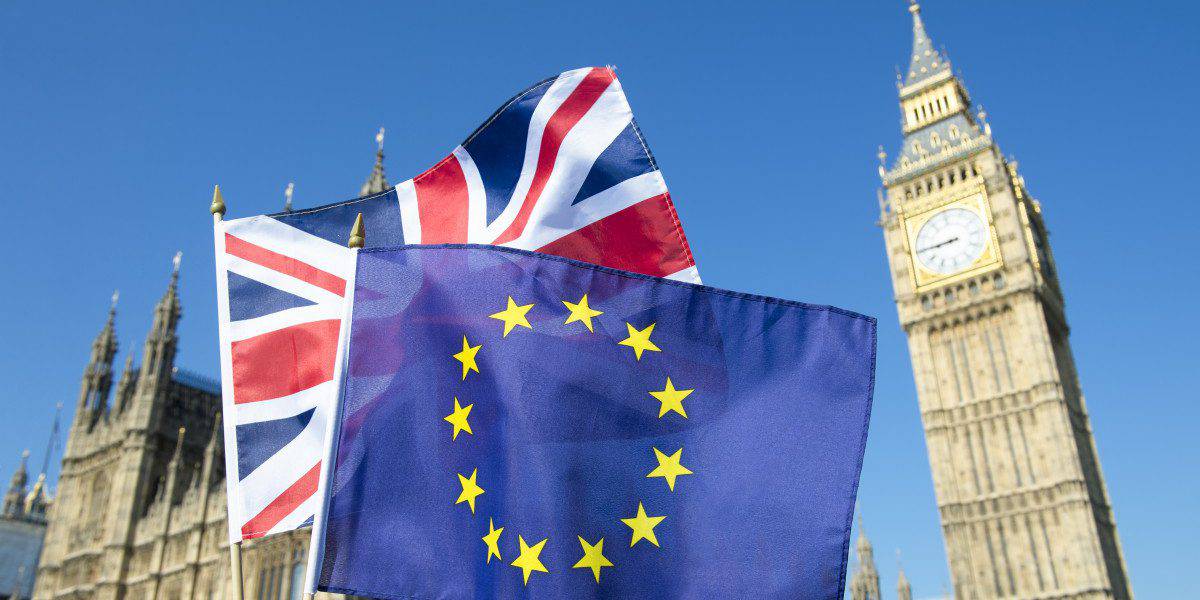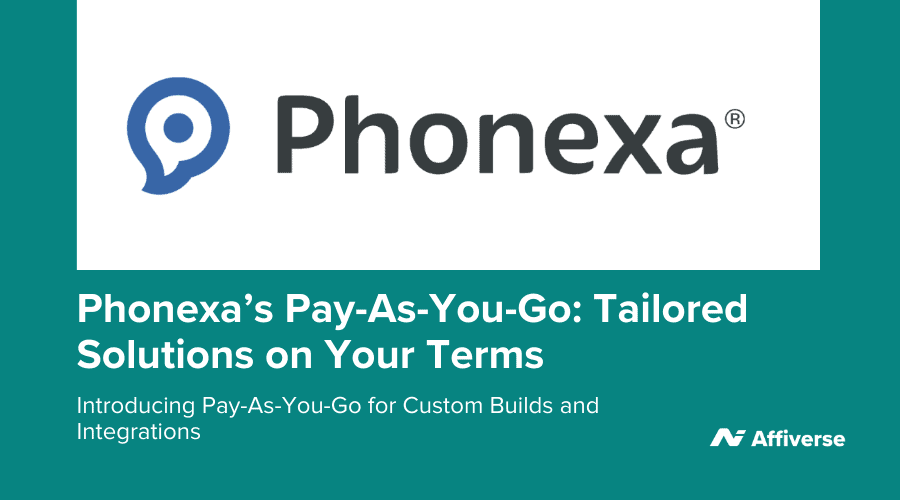The Malta Gaming Authority (MGA) has now published its licensee guidance on the ‘impact of the UK’s exit from the European Union’.
Updating stakeholders, the MGA details that its Brexit guidance solely relates to affairs within its regulatory remit and that licensees should also be aware of further business consequences resulting from Brexit.
The MGA also advises licensees to review UK and EU legal frameworks and provisions within regards to data protection, immigration, employment, duty and copyright considerations.
“The contents of this guidance note are of particular importance to entities established in Malta and operating in the United Kingdom, or entities established in the United Kingdom providing services and supplies within Malta, and it also details transitory measures in place for operators to ensure readiness and avoid regulatory disruption,” it said.
The document has highlighted regulatory provisions ’10-and-22′ on ‘Gaming Authorisations Regulations’ as critical guidance for its stakeholders.
The conditions of Regulations 10 have required that a licence holder must be a person or entity ‘established within’ the European Economic Area (EEA).
The MGA has confirmed that UK operators will no longer fulfil criteria, as the UK government has chosen to exclude adhering to the ‘Treaty on the Functioning of the European Union (TFEU)’ on providing freedom of goods and services.
The authority has advised impacted operators to undertake a ‘transfer of licence’ to a company or subsidiary which can maintain its ‘Gaming Authorisations Regulations’ requirements.
In addition, UK incumbents will no longer fulfil the conditions of Regulation 22, which has come to allow non=MGA licensed igaming entities to operate services in Malta, as long as they maintain licensing provisions administered by an EU/EEA member state.
The MGA added: “Following the United Kingdom’s exit from the European Union, entities operating in or from Malta, on the strength of an authorisation issued to them by the competent authorities in the United Kingdom will no longer be able to make use of the procedure laid down in regulation 22, and thus run the risk of committing a criminal offence.”
The MGA has advised affected parties to apply for Malta licensing, or gam recognition for another EU/EEA jurisdiction.
Closing its update, the MGA confirms that Brexit should have no impact on ‘ancillary matters’ related to digital payments which have been sanctioned by UK authorities, game certificates or essential business components or offices located within the UK.




















